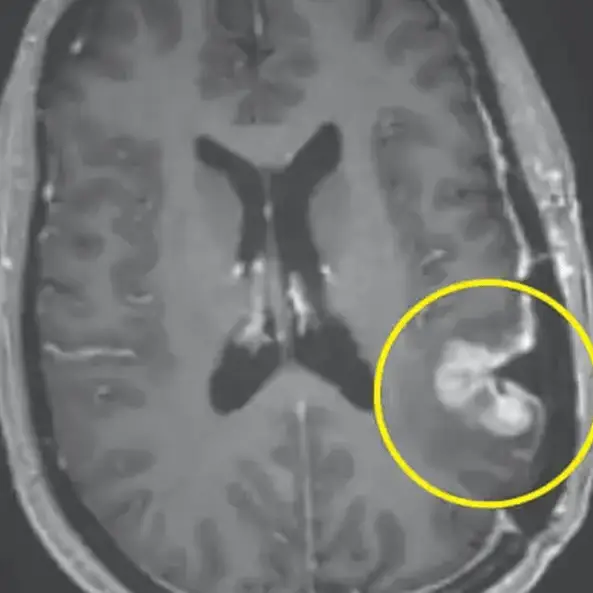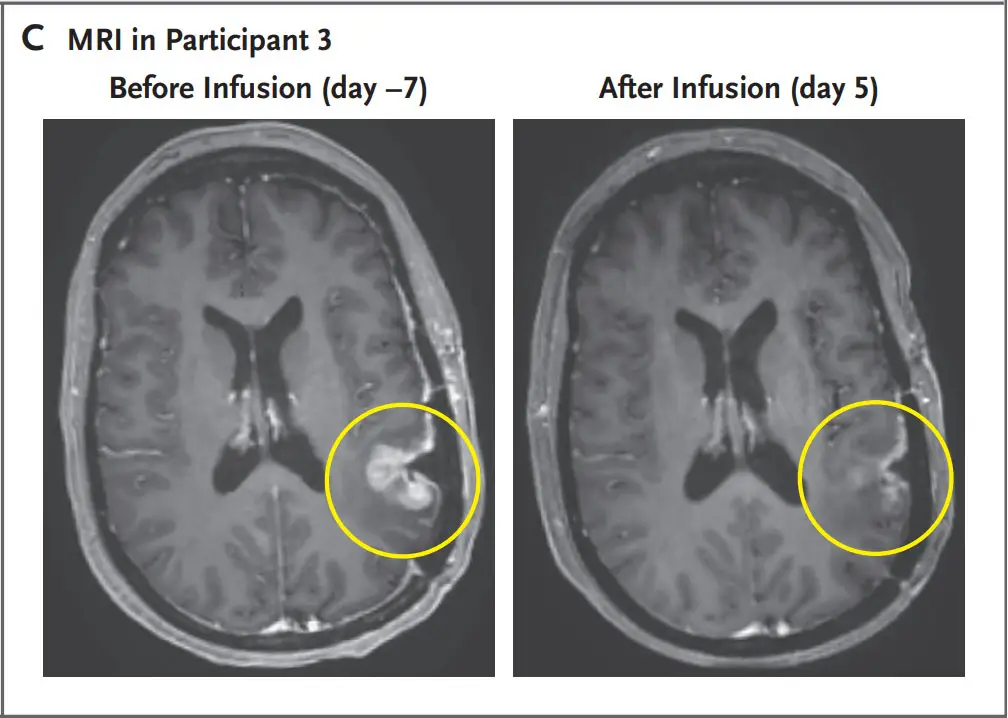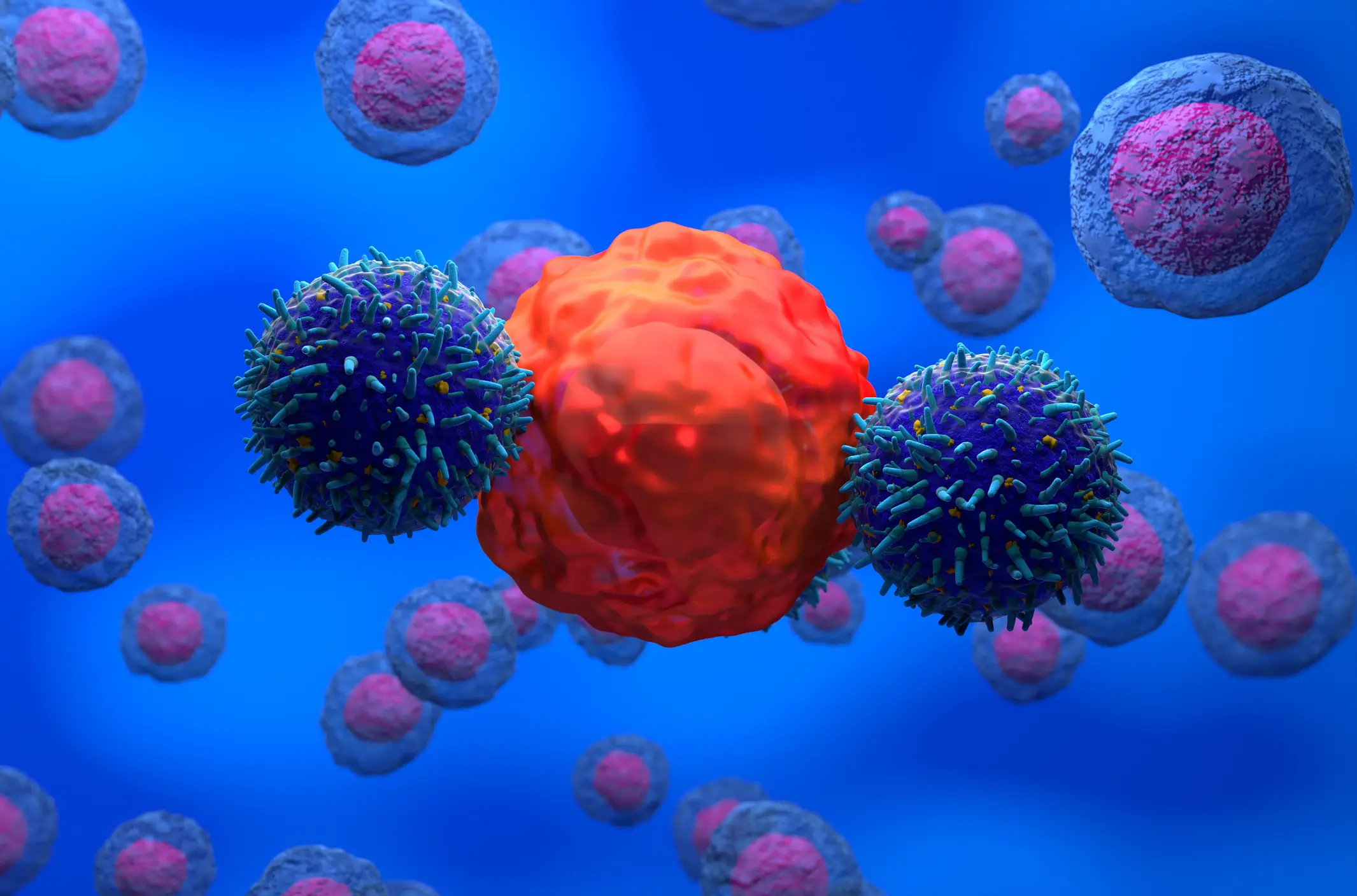
An incredible breakthrough has happened in the world of cancer treatment.
A pioneering new therapy has been used to treat a deadly form of brain cancer, and the first three patients reportedly saw 'dramatic responses within days'.
Researchers and surgeons from the Mass General Brigham healthcare system used a new approach to CAR-T therapy, which is a complex and personalized treatment that encourages your immune system to attack the cancer cells.

Advert
They treated three patients with recurrent glioblastoma using a variant of an existing CAR-T therapy, adding additional antibodies to the treatment - and the results were truly astounding.
According to the paper published in The New England Journal of Medicine, one patient saw their tumor decrease in size by 18.5% two days after the treatment, and by day 69, the tumor had decreased by 60.7%, while another saw their 'tumor regress rapidly', according to Mass General Brigham.
After the third patient was treated, an MRI showed that a single infusion had led to a 'near-complete tumor regression' in just five days.
“The CAR-T platform has revolutionized how we think about treating patients with cancer, but solid tumors like glioblastoma have remained challenging to treat because not all cancer cells are exactly alike and cells within the tumor vary," said Bryan Choi, MD, PhD, neurosurgeon and associate director of the Center for Brain Tumor Immunology and Immunotherapy, Cellular Immunotherapy Program, Mass General Cancer Center and Department of Neurosurgery.
"Our approach combines two forms of therapy, allowing us to treat glioblastoma in a broader, potentially more effective way.”
According to Mass General Brigham, studies like this one 'show the promise of cell therapy for treating incurable conditions'.

While CAR-T therapies tend to be used for treating blood cancers, this was the first step towards potentially using it to target solid tumors.
However, it's worth noting that this was a very small study of just three patients. While the results seem to be remarkable, a lot more work needs to be done before a treatment like this could be approved and rolled out more widely.
Study co-author Elizabeth Gerstner, MD, a neuro-oncologist in the Department of Neurology at Massachusetts General Hospital, said: “We report a dramatic and rapid response in these three patients. Our work to date shows signs that we are making progress, but there is more to do."
Marcela Maus, MD, PhD, director of the Cellular Immunotherapy Program agreed, and said: “These results are exciting, but they are also just the beginning - they tell us that we are on the right track in pursuing a therapy that has the potential to change the outlook for this intractable disease. We haven’t cured patients yet, but that is our audacious goal.”